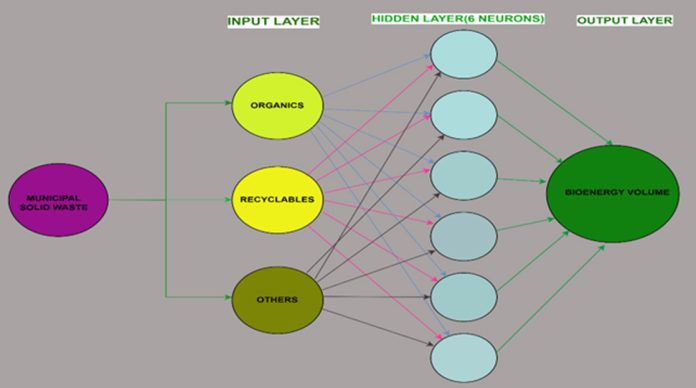Waste creation has alarmingly increased globally in recent years, posing serious problems for resource management and environmental sustainability. Traditional waste management techniques are frequently ineffective and unable to handle the constantly expanding waste streams. To address these urgent problems, there is new promise for transforming waste management procedures with the advent of Artificial Intelligence (AI) technologies.
According to World Bank report on September 20, 2018, global waste generation, propelled by continuous urbanization, economic development, and an increase in population was estimated at 2.01 billion tons per annum in 2016, and expected to jump to 3.4 billion tonnes over the next 30 years, up from 2.01 billion tonnes in 2016. This represents an increase of 54.62% from the generation rate of 1.3 billion tons per annum in 2012, and by 70 percent on current levels by 2050.
AI provides creative ways to improve waste collecting, sorting, recycling, and general waste disposal procedures because of its capacity to analyze enormous volumes of data and identify patterns.
This study explores the creative uses of artificial intelligence (AI) technologies in waste collection, sorting, recycling, and overall waste optimization, with the goal of transforming waste to energy, and using waste management systems for improved sustainability, resource efficiency, and environmental preservation.
Predictive analytics are also being employed to optimize collection routes, leading to more efficient resource allocation and collection processes. Framework for Predictive Waste Management Using AI is below;
Sensing and Smart Bin System: This is the stage where Smart bins leverage IoT technology by incorporating sensors that monitor waste level in real time. This data is transmitted to waste collection schedules and route based on actual needs rather than fixed schedules.
Route Optimization: It is the process of designing the most cost and time effective delivery route by considering multiple parameters, including the vehicle type, driver schedule, delivery time window, delivery location and more.
Waste Sorting: Waste sorting is the process by which waste is separated into different elements. This can be done by automatically separated in materials recovery facilities or mechanical biological treatment systems or robotic system.
Machine Learning Algorithms: Machine learning algorithms are good at modeling complex nonlinear processes and have been gradually adopted to promote municipal solid waste management (MSWM) and help the sustainable development of the environment in the past few years, for example, Artificial neural networks (ANNs).
By Joseph Ogudi, MSc.Ecology and Nature
Management (candidate) RUND University, Russia
Editor’s note: Views expressed in this article do not represent that of The Chronicle










